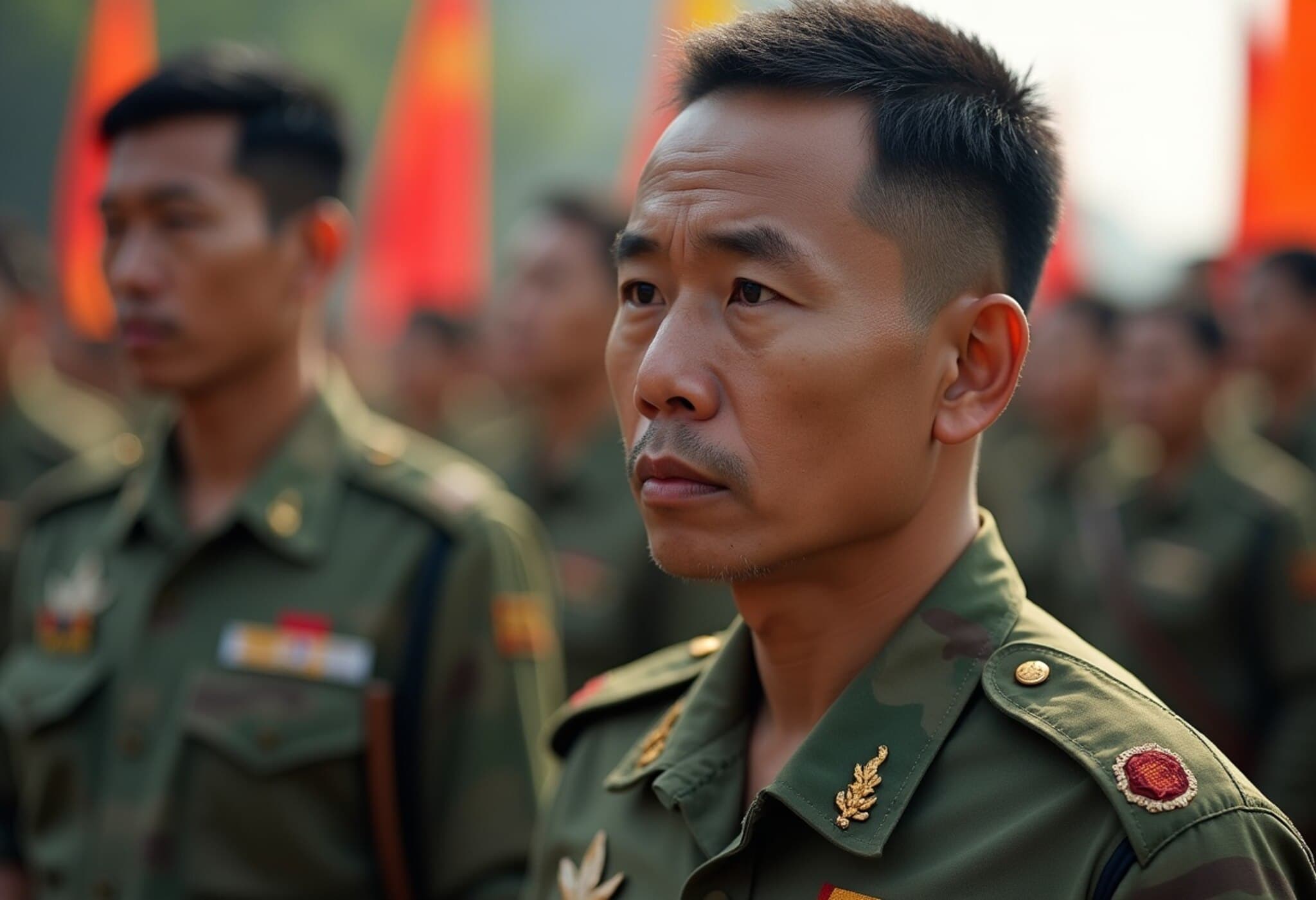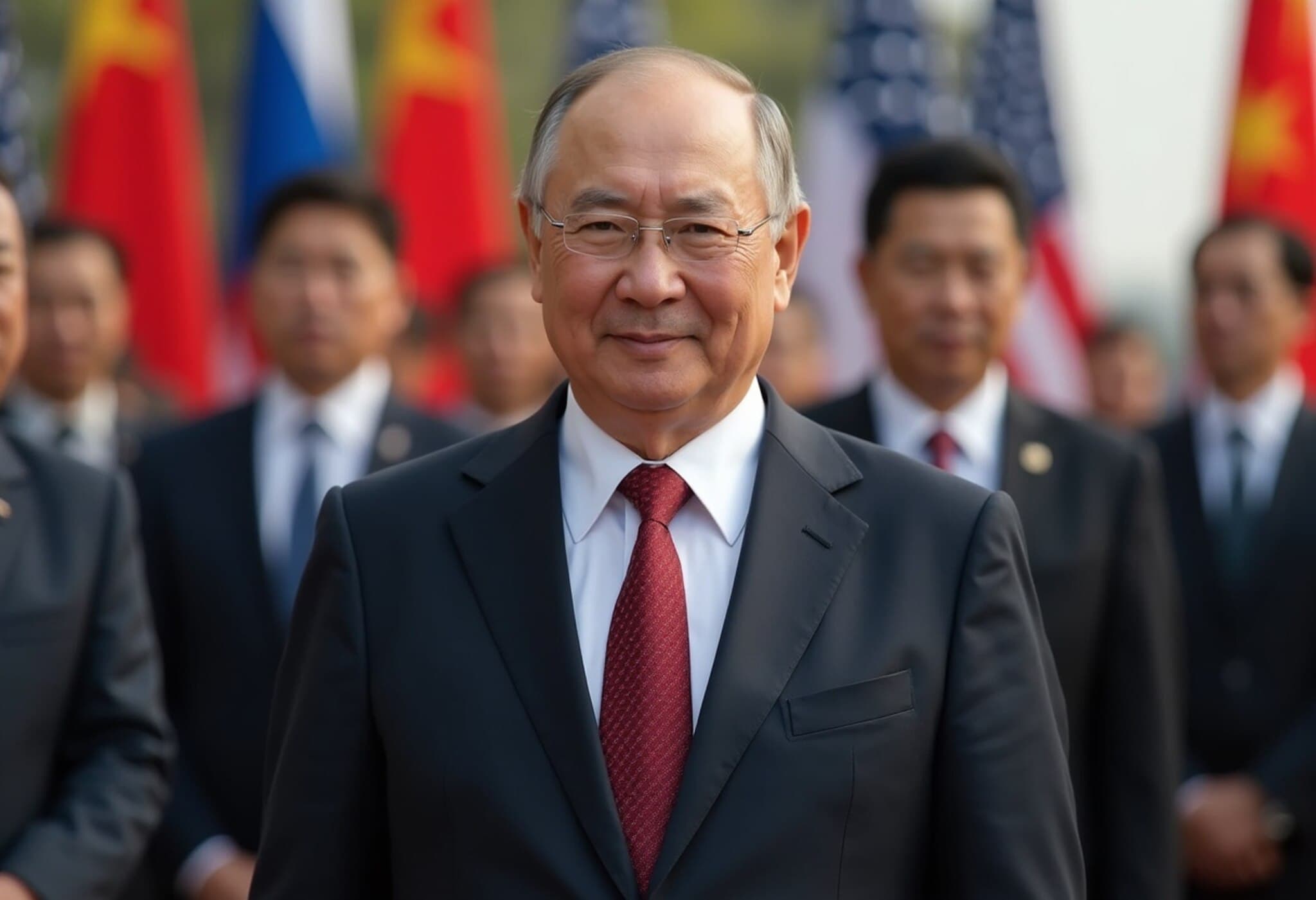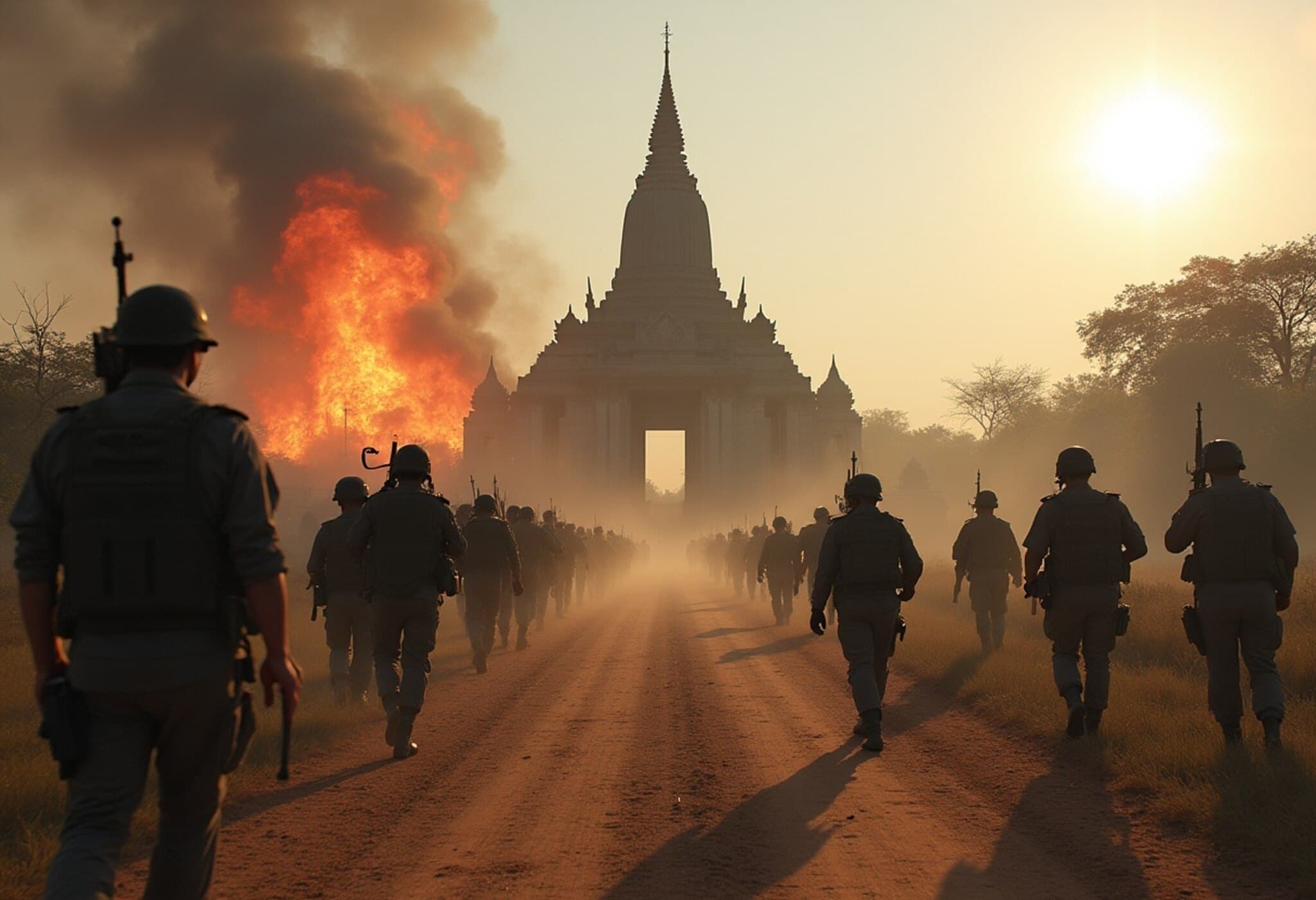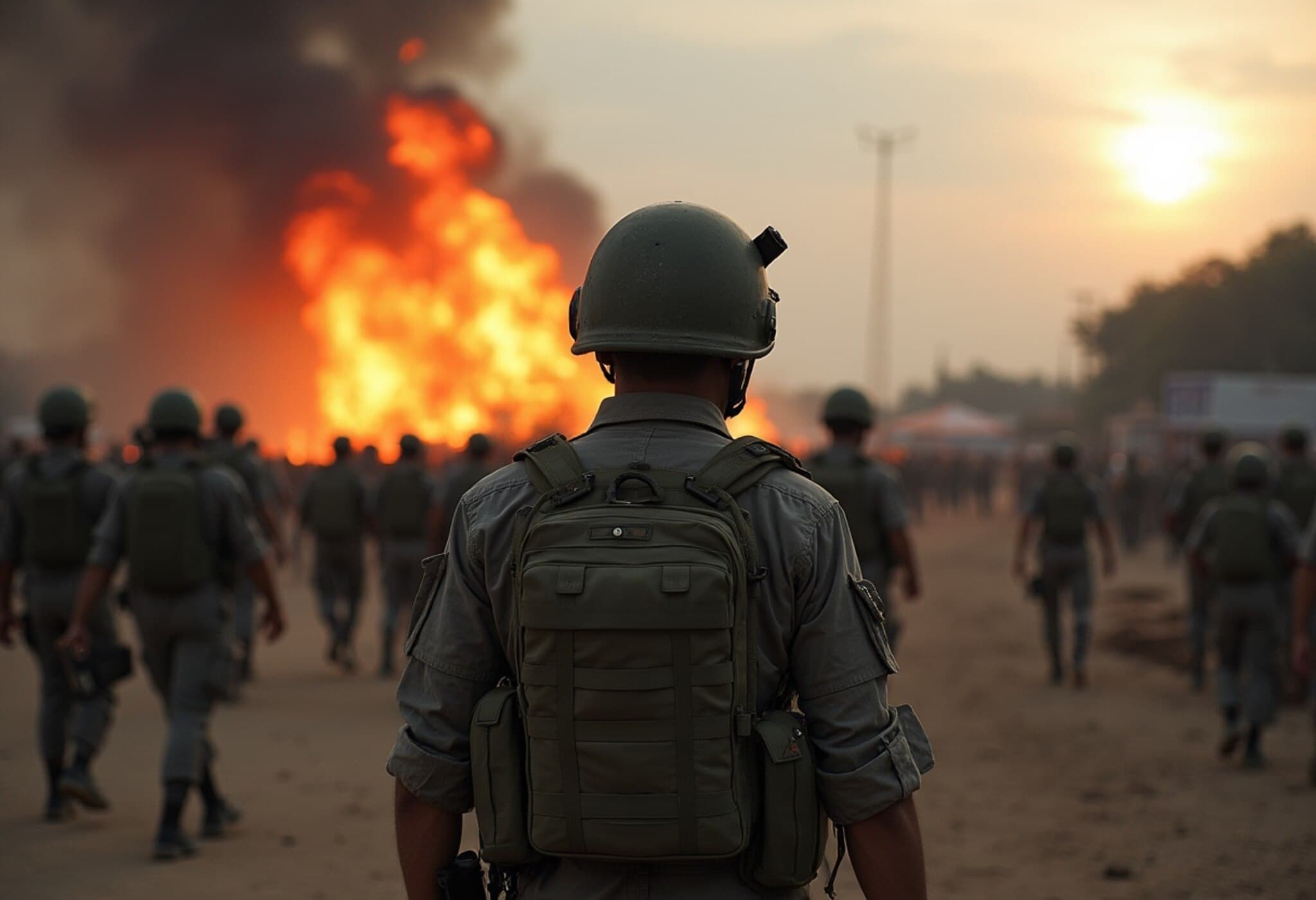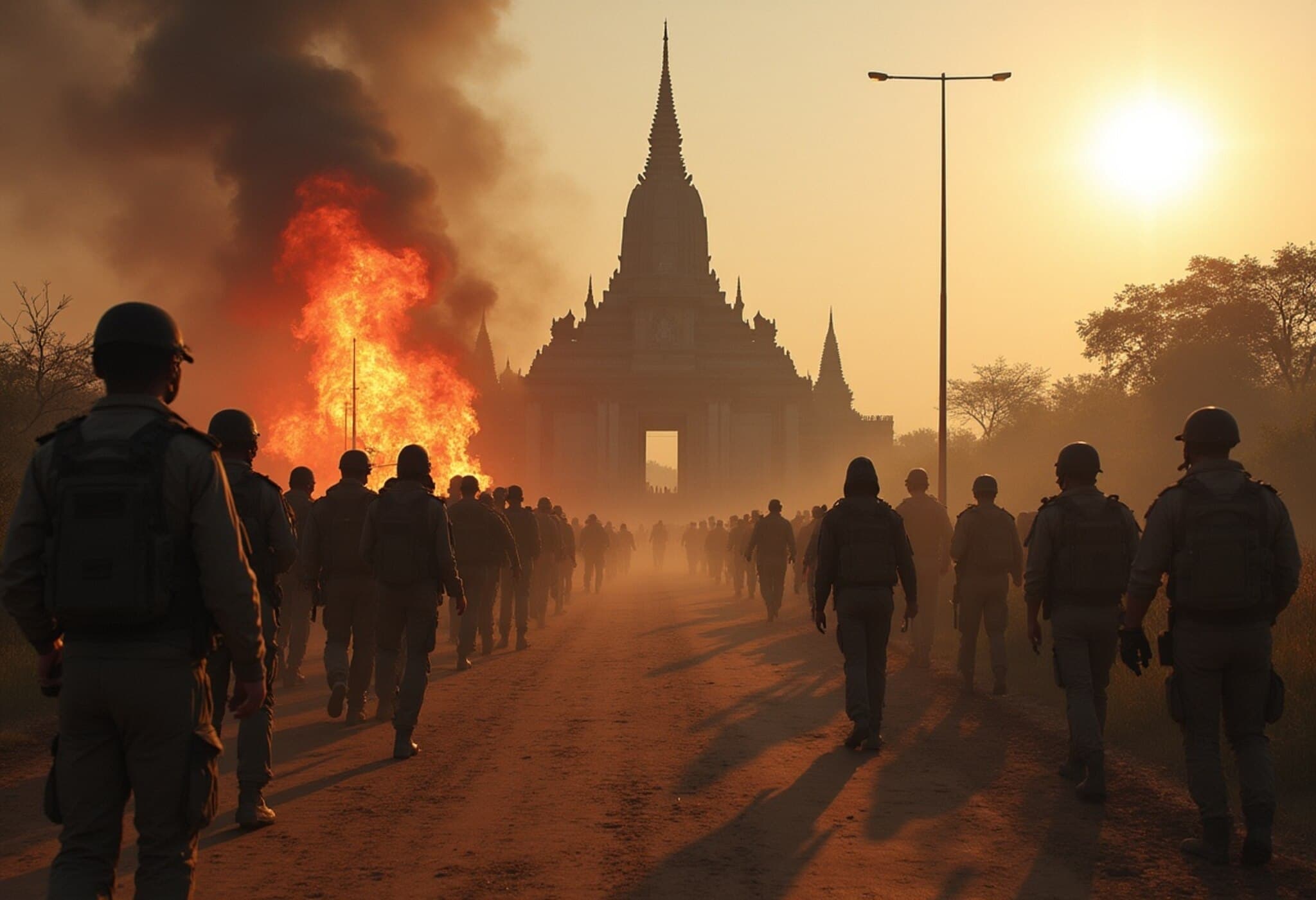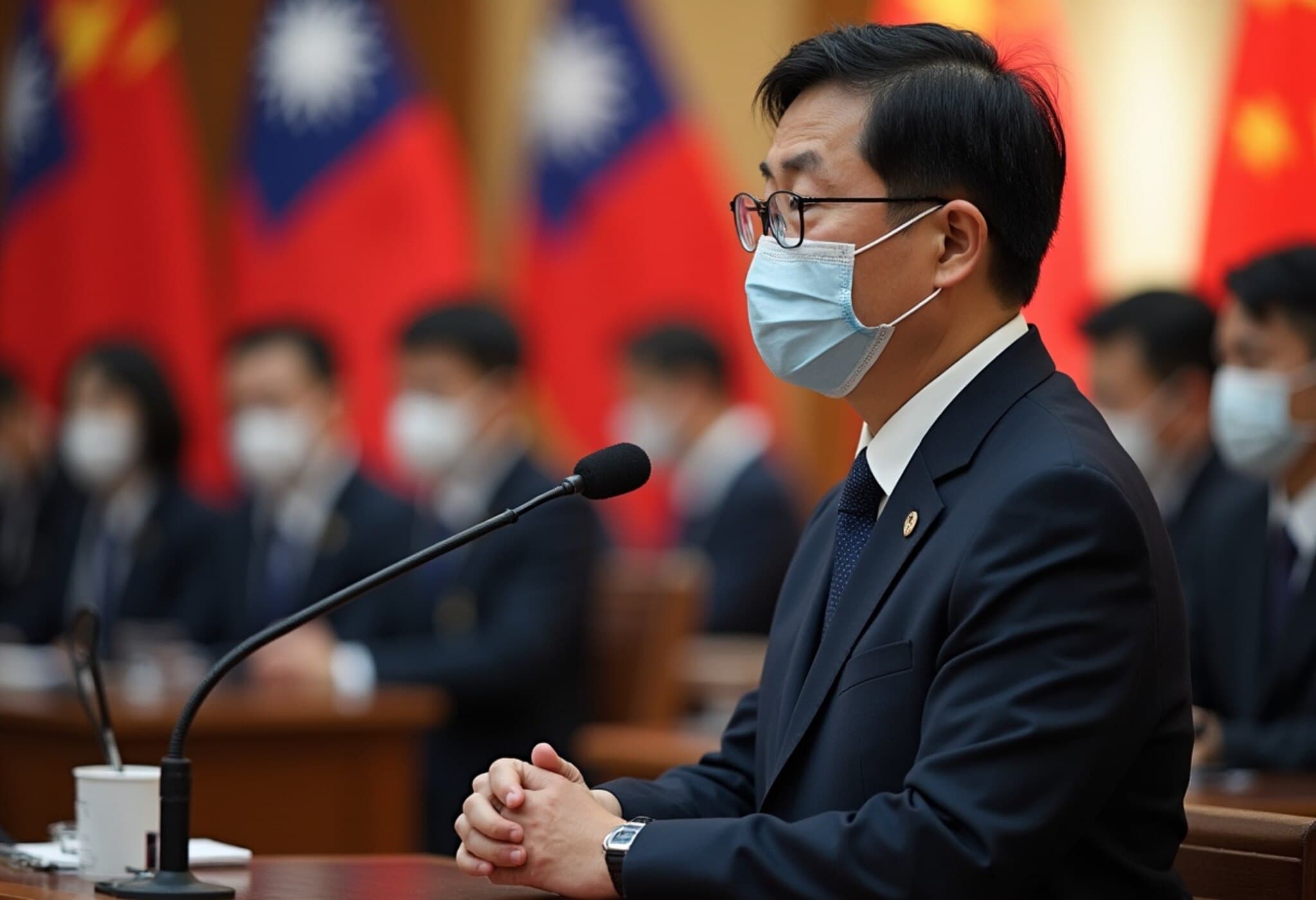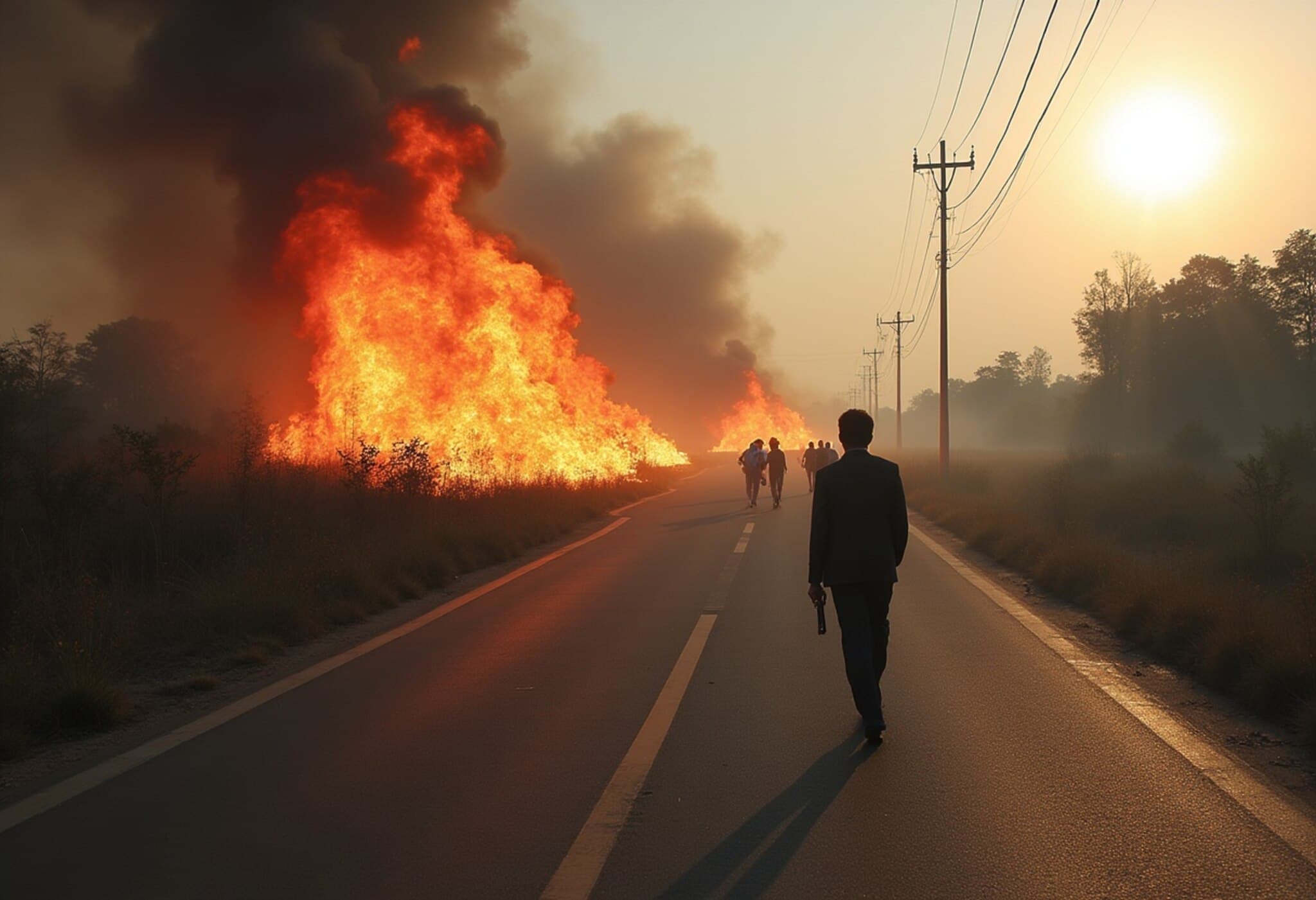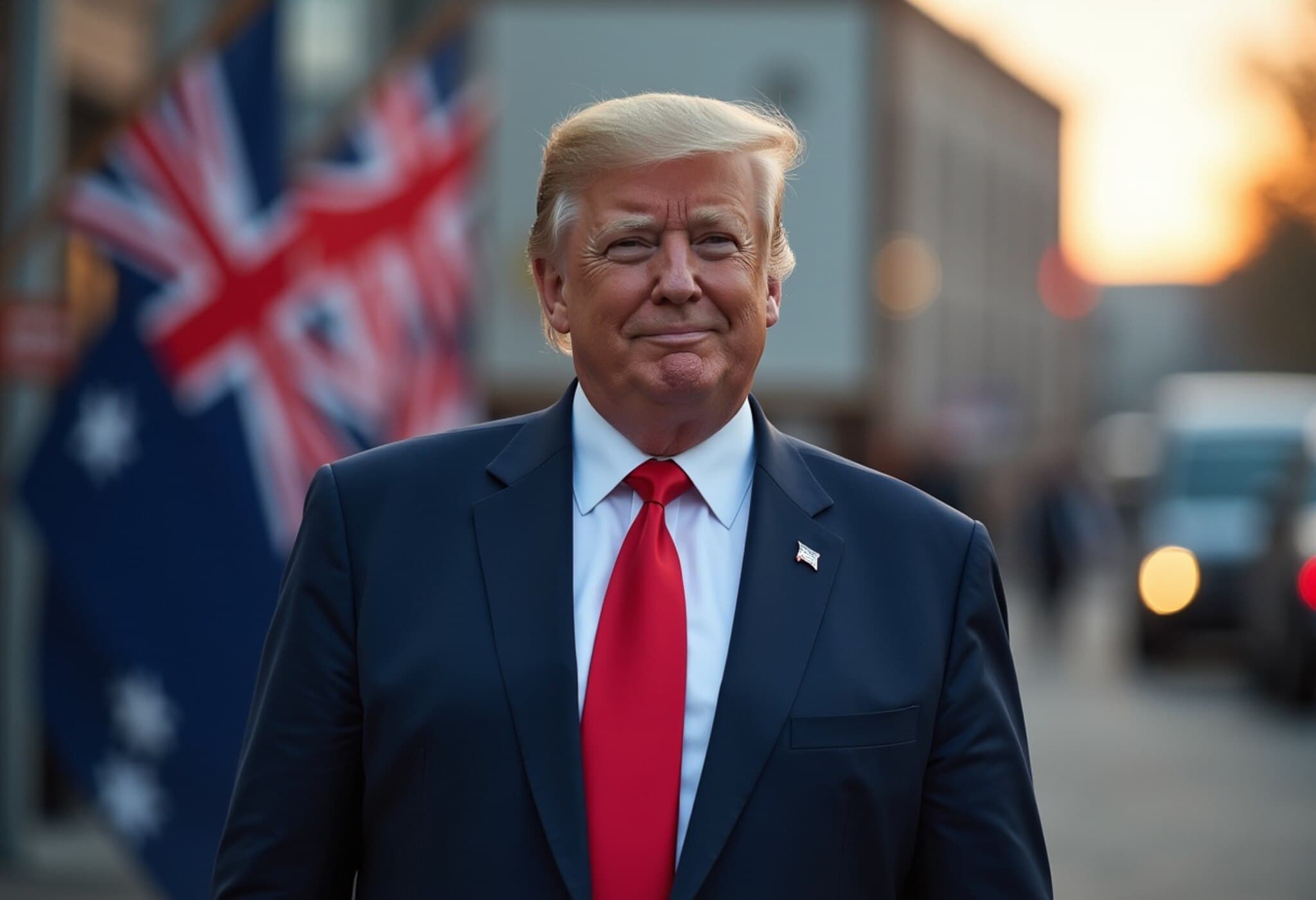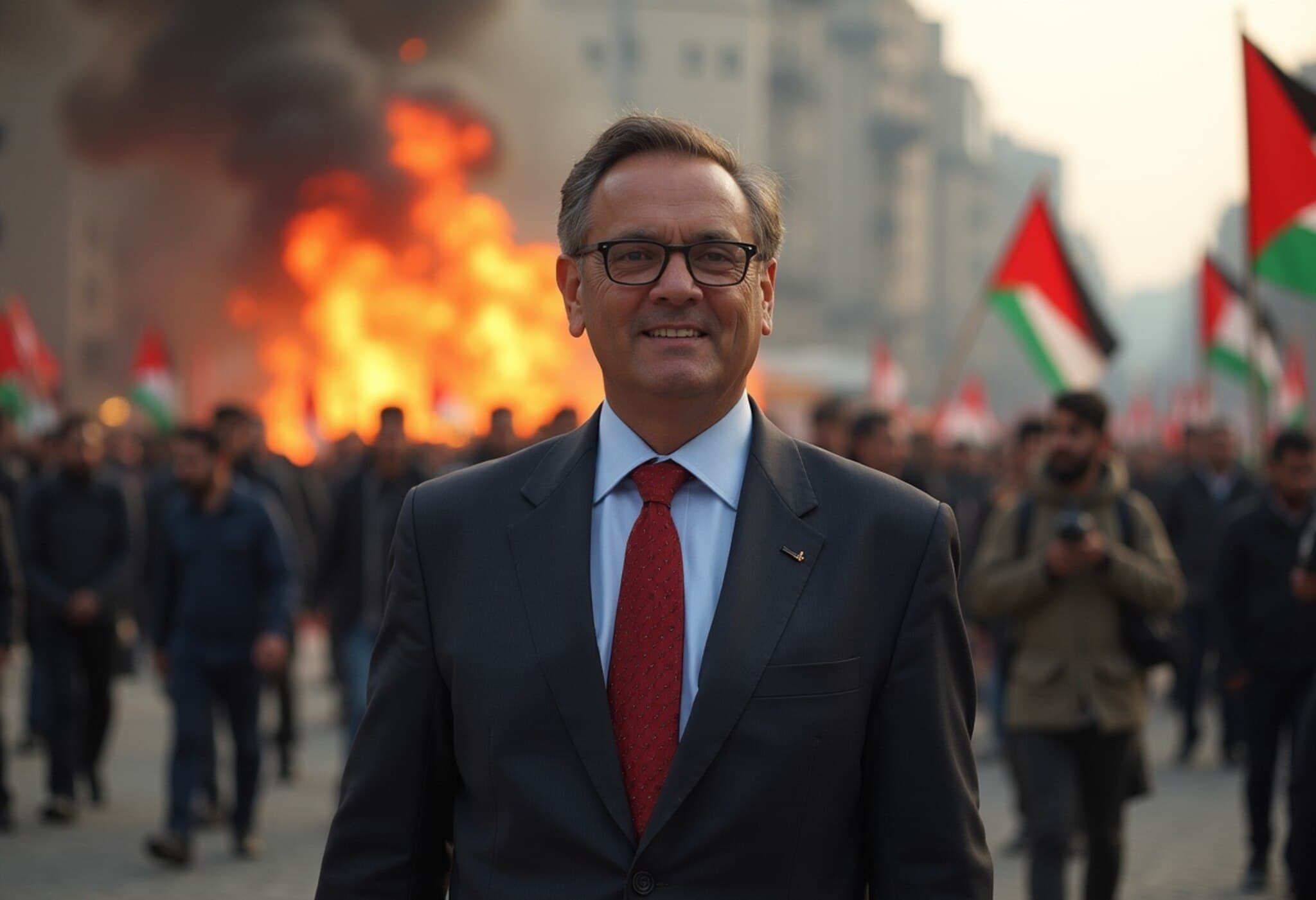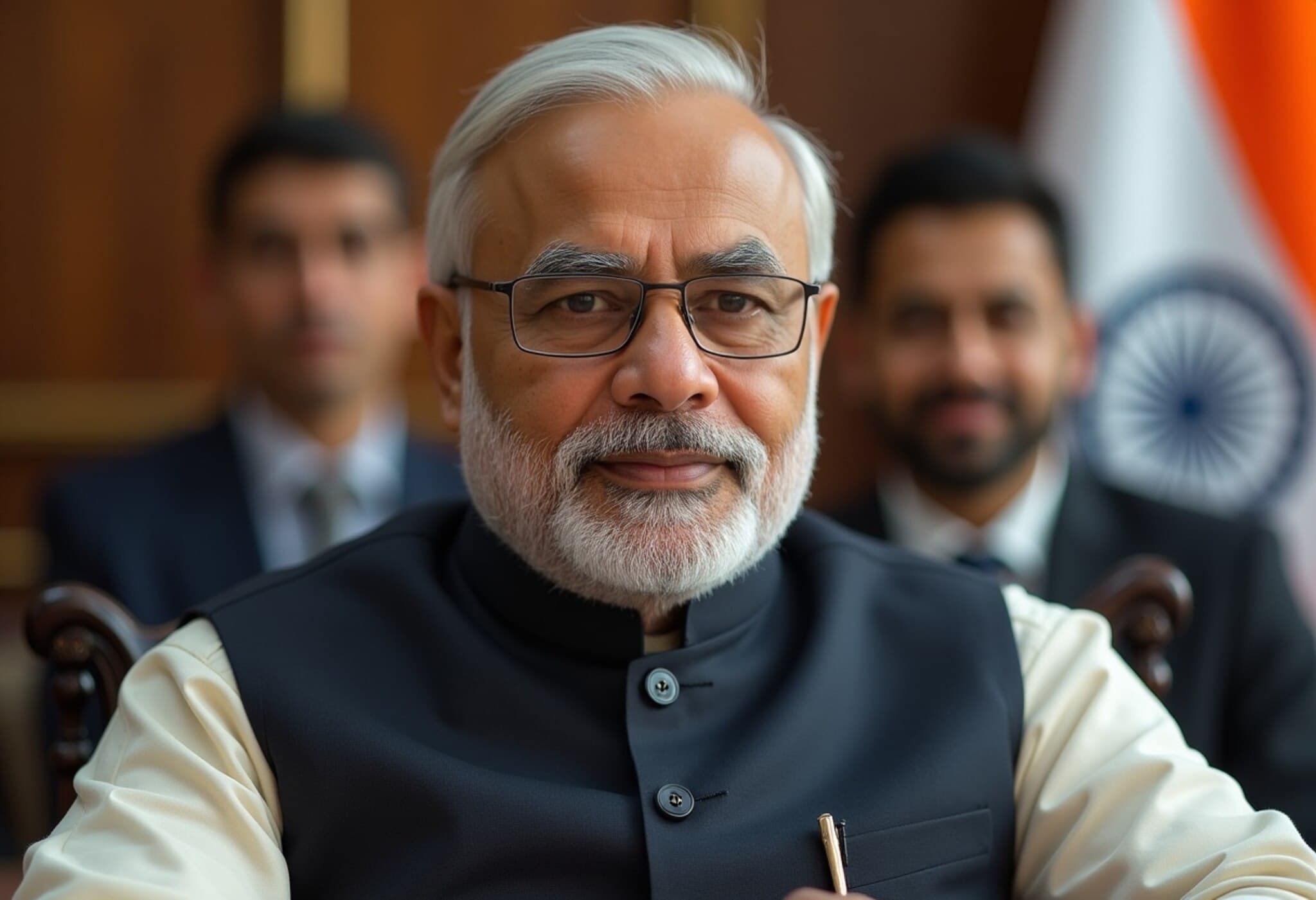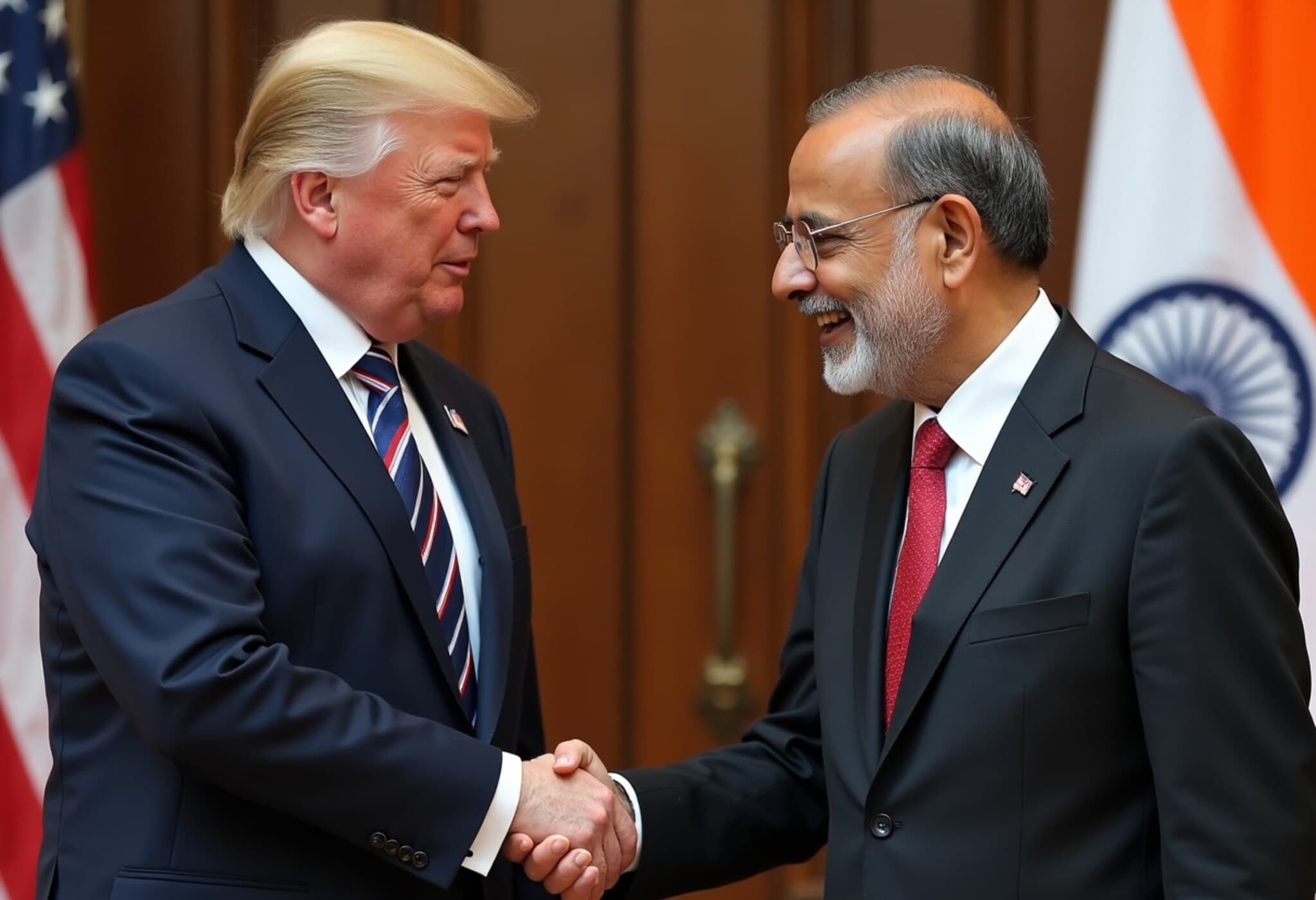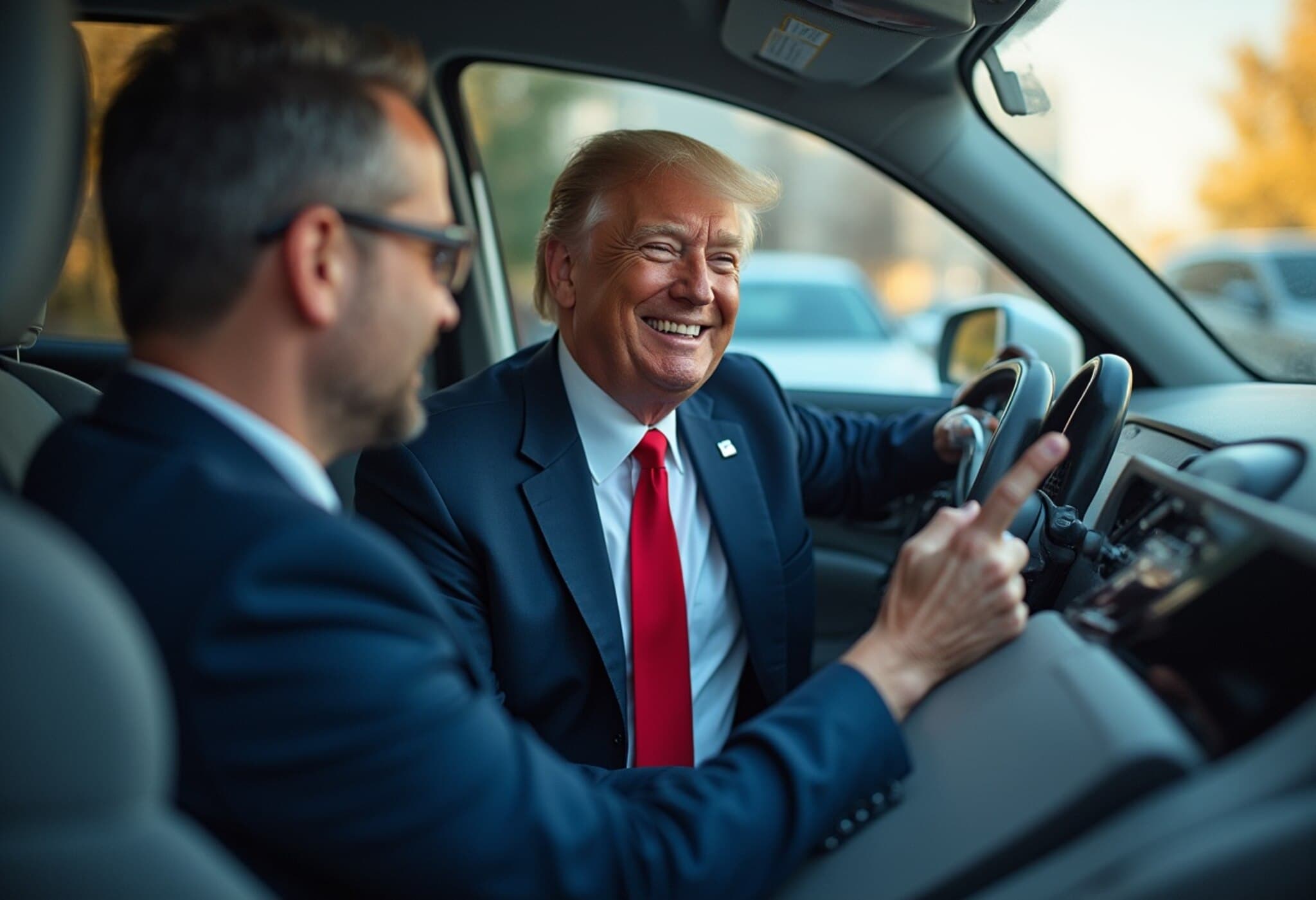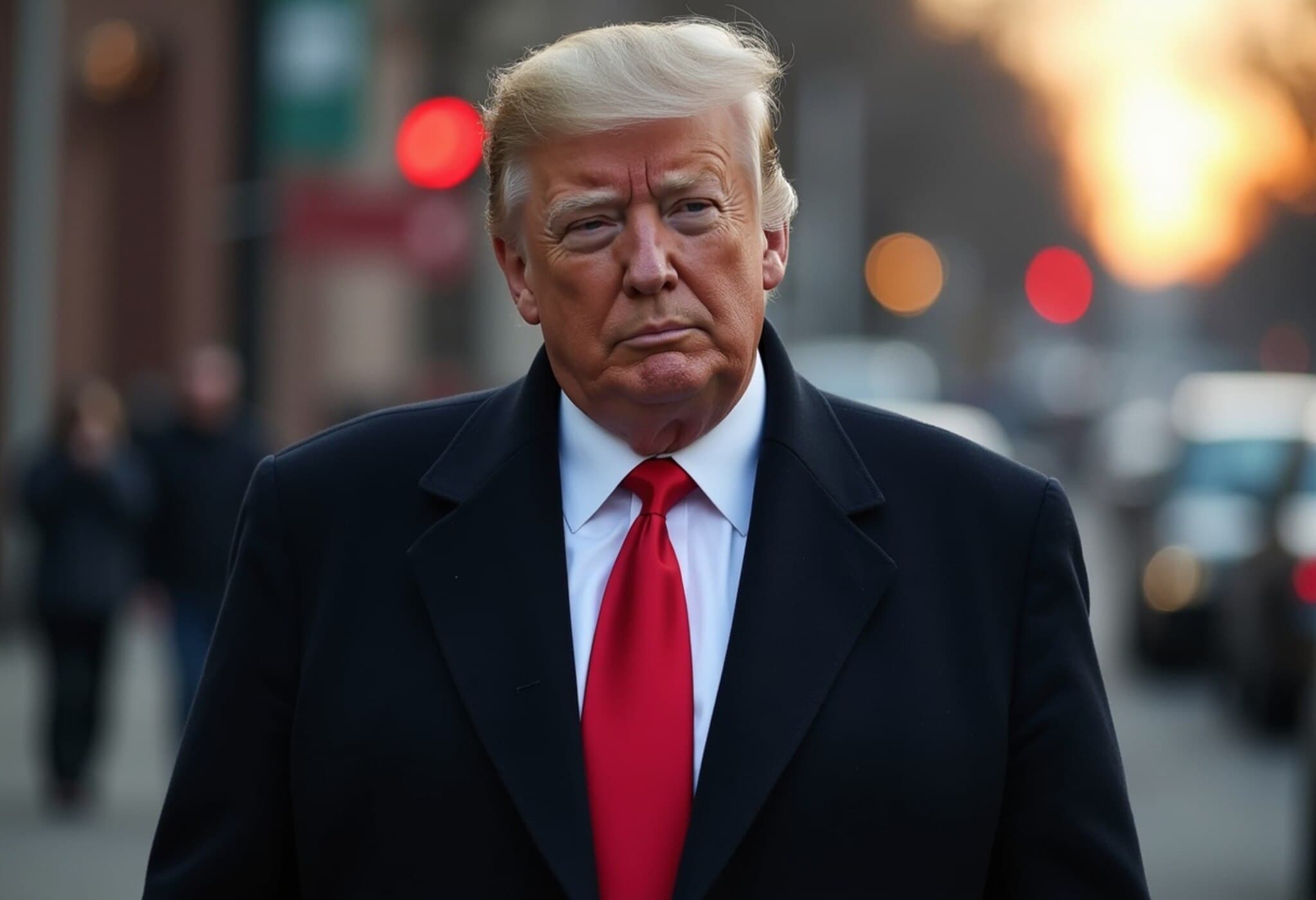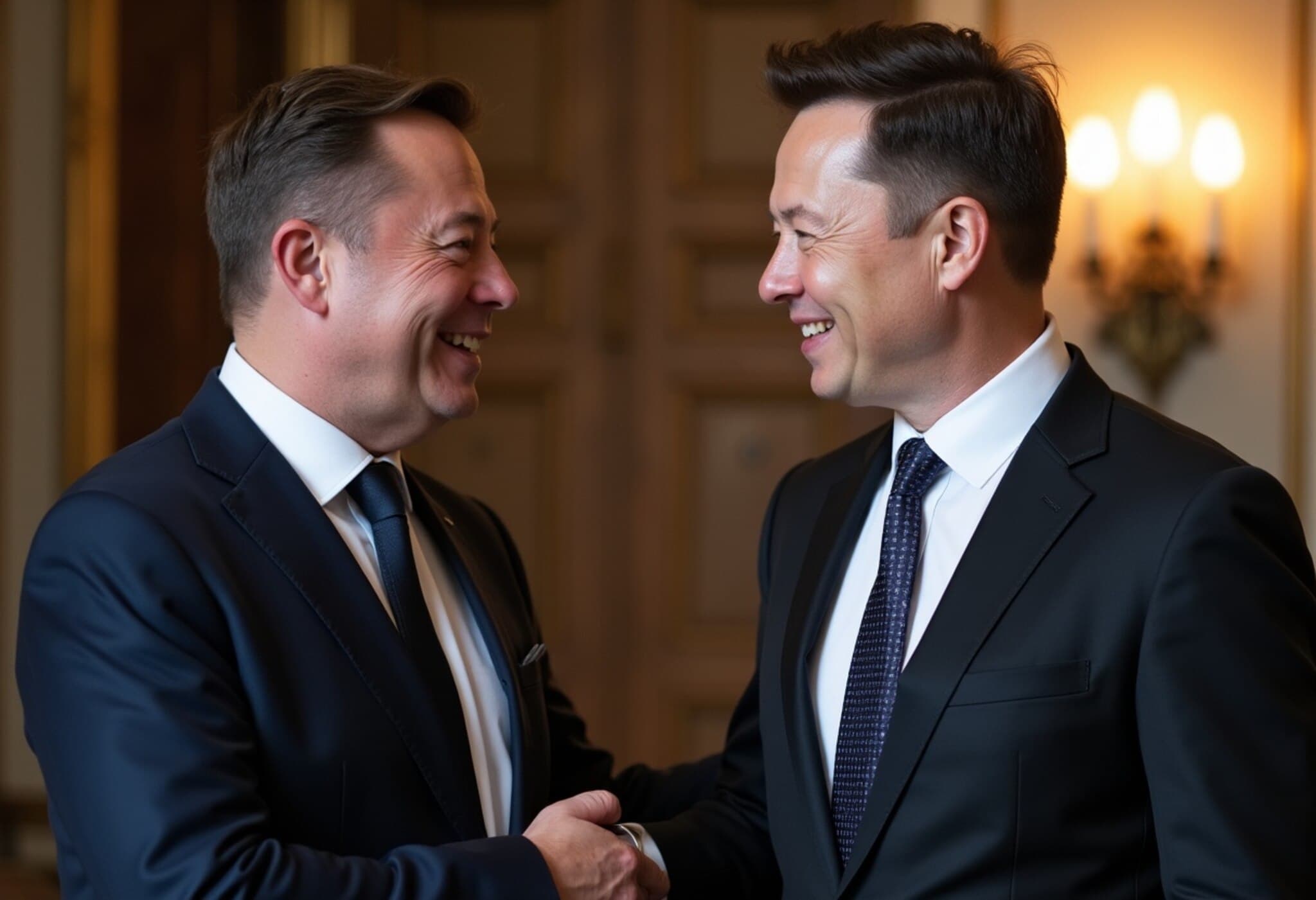Myanmar's Junta Claims Diplomatic Victory from Trump’s Tariff Warning
In an unexpected twist of international diplomacy, Myanmar’s military junta, led by Senior General Min Aung Hlaing, has turned a punitive action—a 40% tariff imposed by former US President Donald Trump—into a public relations coup. The move highlights the junta’s ongoing attempts to assert legitimacy on the global stage amid widespread condemnation following their 2021 coup that dismantled Myanmar’s fragile democracy.
From Punishment to Opportunity: The Junta’s Reframing of Sanctions
Since the military took power in February 2021, the United States and much of the Western world have steadfastly refused to recognize the junta as Myanmar’s legitimate government. Sanctions, diplomatic downgrading, and international isolation have been the primary tools aimed at pressuring the military to restore democratic governance.
Yet, rather than viewing the US tariff announcement as merely economic punishment, Myanmar’s state media and junta leaders have diametrically interpreted it as a sign of diplomatic engagement. Official outlets portrayed Trump’s letter as an "encouraging invitation" to participate in the American economy, a stark contrast to the reality of harsh trade penalties.
Senior General Min Aung Hlaing expressed “sincere appreciation” for the direct communication from President Trump, calling it an “honor.” In a deeply strategic move, the general even offered to dispatch a negotiating team to Washington to discuss lifting or easing sanctions, framing such actions as beneficial for the “shared interests and prosperity” of both nations.
Contextual Insight: Why Does This Matter?
The junta’s narrative around the tariff letter reveals a sophisticated effort to flip international censure into an image of diplomatic relevance. This maneuver serves several purposes:
- Domestic Legitimization: By portraying an overt US communication—albeit a tariff imposition—as engagement, the junta bolsters its image at home, countering opposition narratives about isolation and failure.
- International Signal: Suggesting dialogue with the US, even if unofficial, attempts to chip away at the blanket disavowal by Western powers and insinuate a backchannel influence.
- Political Parallels & Sympathies: Min Aung Hlaing drew controversial parallels between Trump’s debunked claims of election fraud in the 2020 US elections and the junta’s justification for the coup, attempting to normalize his seizure of power as part of a global trend of contested democracies.
Expert Perspective: The Risk of Misinterpreted Signals
International relations experts caution that the junta’s reframing risks muddying the clarity of diplomatic messages. Tariffs are conventionally punitive economic tools, not invitations to dialogue. Washington’s silence on the junta’s positive spin suggests no substantive policy shift.
Dr. Elaine Murphy, a Southeast Asia specialist at Georgetown University, notes, "This is a classic example of a regime weaponizing ambiguous communication to legitimize itself domestically and seek cracks in international pressure. The US administration’s challenge will be to maintain coherent messaging that supports democracy without inadvertently empowering a military dictatorship."
Trump’s Name as Political Cover
The junta’s strategic invocation of Trump's name and policies, such as praising "strong leadership" and allegedly referencing US funding cuts to critical media outlets, appears designed to align Myanmar’s military with echo chambers within American conservatism. This not only seeks to create political sympathy but attempts to exploit broader global divisiveness regarding democracy and media.
The Road Ahead: Myanmar’s Troubled Path
Despite these rhetorical maneuvers, the humanitarian and political crises in Myanmar persist. The civil war grinds on, with widespread reports of war crimes, displacement, and repression. Aung San Suu Kyi remains imprisoned under opaque charges considered politically motivated.
The US and its allies face a critical dilemma: how to press the junta to restore democracy effectively without providing unintended legitimacy or openings that the military can manipulate for survival.
Editor’s Note
Myanmar’s junta expertly transforming a punitive tariff notice into a symbol of diplomatic relevance underscores the complex chessboard of international sanctions and messaging. It raises vital questions about the efficacy of economic sanctions, the subtleties in diplomatic communication, and the importance of clear, consistent messaging in the fight for democracy. Readers should reflect on whether such maneuvers pose risks of entrenching authoritarian regimes or if alternative strategies are necessary to support democratic restoration in Myanmar.

